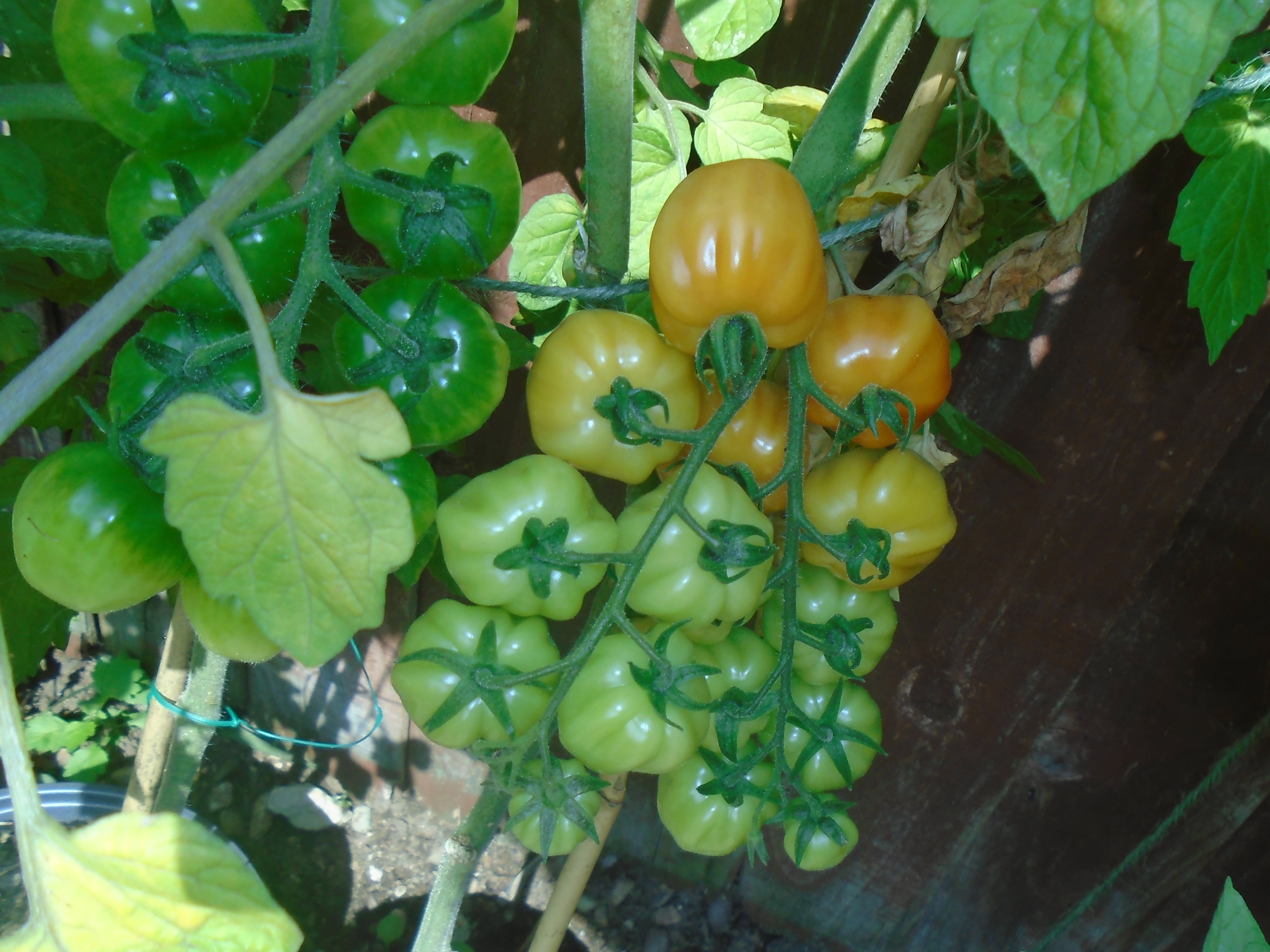|
Russet Burbank
Russet Burbank is a potato cultivar with dark brown skin and few eyes that is the most widely grown potato in North America. A russet potato, russet type, its flesh is white, dry, and mealy, and it is good for Baked potato, baking, Mashed potatoes, mashing, and french fries (chips). It is a common and popular potato. Origin This variety is a mutation (or sport) of the cultivar 'Burbank's Seedling' that was selected by the plant breeder Luther Burbank in 1873. The known lineage of Russet Burbank began in 1853 when Chauncey E. Goodrich imported the Rough Purple Chili Potato from South America in an attempt to add diversity to American potato stocks which were susceptible to late blight. Goodrich bred Garnet Chili from Rough Purple Chili, and Albert Bresee bred Early Rose from Garnet Chili, from which Luther Burbank bred Burbank. This cross-over was formerly known as the Russell, but was eventually popularized as the Russet potato at American stores. Russet Burbank has been widely, b ... [...More Info...] [...Related Items...] OR: [Wikipedia] [Google] [Baidu] |
Solanum
''Solanum'' is a large and diverse genus of flowering plants, which include three food crops of high economic importance: the potato, the tomato and the eggplant (aubergine, brinjal). It is the largest genus in the nightshade family Solanaceae, comprising around 1,500 species. It also contains the so-called horse nettles (unrelated to the genus of true nettles, ''Urtica''), as well as numerous plants cultivated for their ornamental flowers and fruit. ''Solanum'' species show a wide range of growth habits, such as annuals and perennials, vines, subshrubs, shrubs, and small trees. Many formerly independent genera like '' Lycopersicon'' (the tomatoes) and ''Cyphomandra'' are now included in ''Solanum'' as subgenera or sections. Thus, the genus today contains roughly 1,500–2,000 species. Name The generic name was first used by Pliny the Elder (AD 23–79) for a plant also known as , most likely ''S. nigrum''. Its derivation is uncertain, possibly stemming from the Latin word ... [...More Info...] [...Related Items...] OR: [Wikipedia] [Google] [Baidu] |
